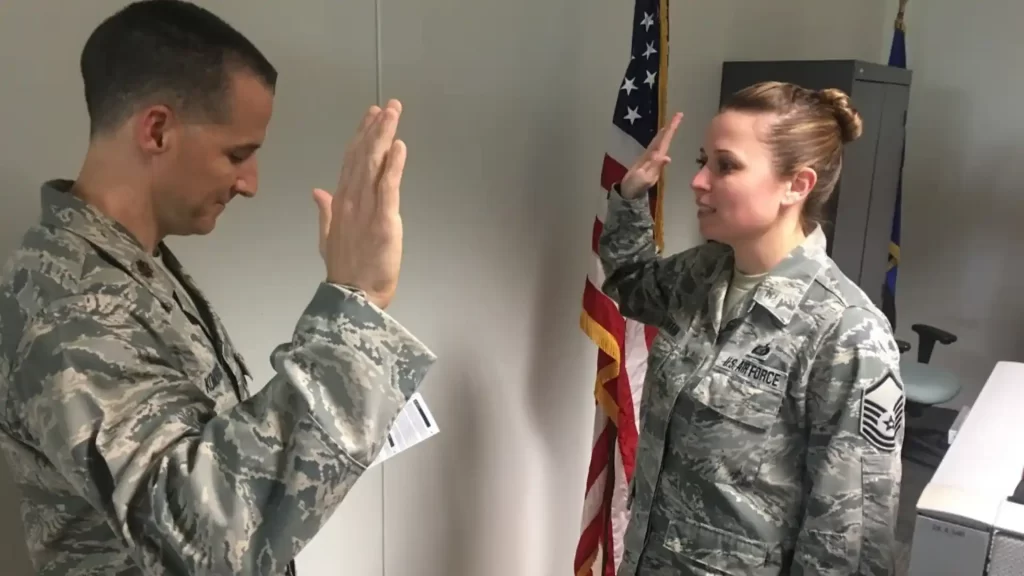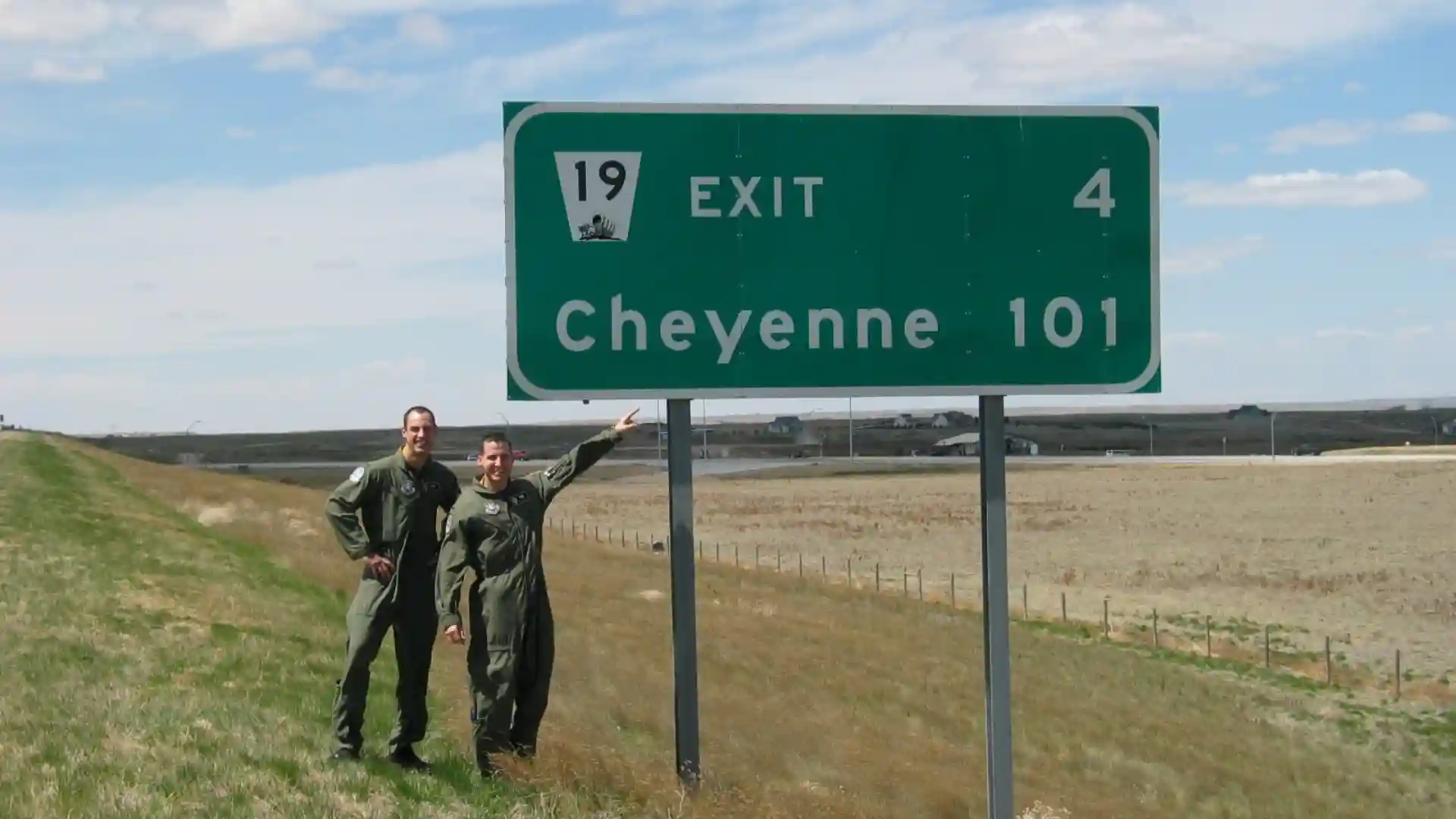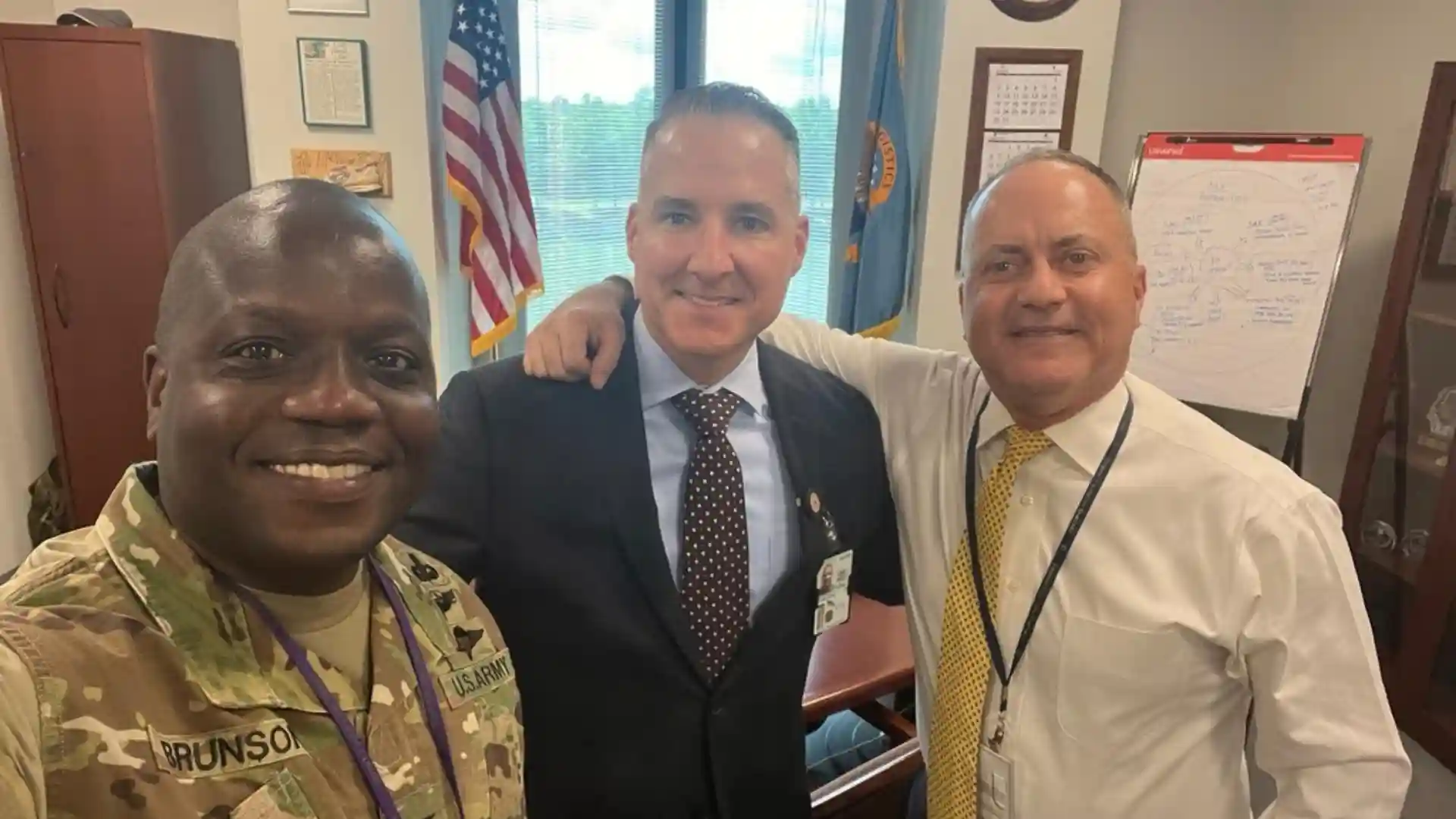Leadership today isn’t about titles—it’s about presence. It’s about being adaptable, clear when things get chaotic, and showing others the way by doing, not just saying. I’ve learned that some of the most eye-opening lessons in leadership don’t come from classrooms or thick books. They come from voices—real conversations you can plug into anytime, anywhere. That’s the power of podcasts.
Podcasts feel personal. They’re often raw and real. You’re not just hearing lessons—you’re hearing lived experiences. One episode I hosted on Voice for Valor featured a National Guard medic who coordinated a mass casualty response in the middle of a hurricane. You could hear the tension in his voice—but also the clarity of his thinking. Those are the moments you can’t script.
What makes podcast learning powerful is how deep it goes. You don’t just learn what leaders do—you feel why they do it. Podcasts like Voice for Valor open a window into the emotions, instincts, and stakes that shape a leader’s choices. And that’s something every leader—no matter the industry—can learn from.
Table of Contents
ToggleReal-World Leadership Lessons from Veterans
Veteran-hosted podcasts show leadership in its rawest form. On shows like The Jocko Podcast or Team Never Quit, veterans walk us through moments where smart thinking, calm under fire, and team unity made the difference between success and disaster.
I remember being deployed and watching a young captain rally his crew after a sudden equipment failure mid-flight. That story stuck with me. And when I heard a similar story shared by a guest on Voice for Valor, I realized these aren’t just military lessons—they’re human lessons. Whether you’re leading a company pivot or a classroom, these stories offer battle-tested strategies that work under pressure.
Leading Under Pressure
Leading from the front isn’t clean or comfortable. It’s real. No script. Just action and accountability. Podcasts that share these frontline experiences give us a deeper understanding of what leadership looks like when everything is on the line.
One of our guests on Voice for Valor, a former combat controller, described how he kept his team calm during a night mission gone sideways. His story wasn’t about being fearless—it was about managing fear. And that’s the kind of insight that helps any leader, in any field, lead more bravely.
Key Takeaways:
- Lead with calm—your presence shapes your team’s confidence.
- Tackle big problems by breaking them into small, doable tasks.
- Be real with your team—honesty under pressure builds trust.
- Keep your eyes on the mission—don’t get lost in the moment.
- Learn from every setback—they’re training, not failure.
Breaking Down Tactical Leadership Skills
One thing I’ve noticed again and again from podcast guests: the best leaders don’t wait for perfect information. They act with what they’ve got. The 70% rule comes up a lot—make the call once you have enough info, not all of it.
Hearing how leaders in crisis make decisions reminds me of a logistics call I had to make during a stateside emergency mission. I didn’t have the full picture, but delay would’ve cost us time we didn’t have. That decision, and hearing others talk through theirs on Voice for Valor, reshaped how I approach leadership today.
Communication and Command Presence
Leadership isn’t loud. It’s clear. It’s calm. And it’s confident. Podcasts show us how seasoned leaders adjust their tone, stay composed, and connect through crisis.
We’ve had guests talk through real-world miscommunications—how one missed detail almost unraveled a whole mission. But also, how they used active listening and presence to steer it back on course. For anyone wanting to sharpen how they lead through words, episodes from Voice for Valor break it down in real, useful ways.
Key Takeaways:
- Speak clearly and with intent—no room for fluff.
- Listen first—it builds respect and better decisions.
- Keep your tone steady—it helps your team stay calm.
- Use silence—it gives space for reflection.
- Tell stories—they inspire and connect.
Lessons from Civilian Leadership Podcasts
Entrepreneurs aren’t in foxholes, but they’re under fire in their own way—budgets, deadlines, pivots. Podcasts like How I Built This peel back the curtain on how leaders adjust and press on.
It’s amazing how often civilian leaders echo what I’ve heard from military guests. A startup founder’s story of grit can hit just as hard as a story from downrange. That’s why I blend both on Voice for Valor—to show how leadership is universal.
Soft Skills as Tactical Assets
Leadership isn’t just decisions—it’s connection. Podcasts like Dare to Lead or The Tony Robbins Podcast remind us that self-awareness, empathy, and courage are just as tactical as any plan.
Some of our most impactful Voice for Valor episodes center on vulnerability. When a senior leader admits a mistake or shares a personal failure, it doesn’t show weakness—it builds trust. If you want to lead stronger, start by leading with heart.
Leadership Tactics You Can Apply Today
High-performing leaders don’t wing it—they build habits. From morning routines to evening reflection, discipline fuels decision-making. I’ve learned from guests (and from experience) that a structured day gives you the headspace to handle surprises.
Want habits that stick? Our Voice for Valor episodes show you how to build ones that fit your goals, not someone else’s.
Team Empowerment and Decentralized Command
Micromanagement kills trust. Great leaders empower their people to think and act. Guests on Voice for Valor often talk about building cultures of autonomy and shared purpose.
If you’re growing a business or leading a remote team, hearing how others do it—warts and wins—can change how you lead.
Mental Resilience and Stress Management
Every calm leader you see has a system behind that confidence. On the podcast, we explore how top performers manage stress and stay grounded.
I’ve had to lean hard on my own systems during tough deployments. Mindset, recovery, boundaries—without those, you burn out. And every time a guest opens up about their own struggles, I’m reminded that resilience is a choice we practice daily.
Servant Leadership and Humility
True leaders don’t chase the spotlight—they lift others into it. Servant leadership shows up again and again in our interviews. Those who serve first, lead strongest.
We’ve had guests who quietly changed lives—mentoring, backing their teams, stepping aside so others could shine. That’s real power. And if you want to lead with purpose, Voice for Valor offers stories that will stick with you.
Key Takeaways:
- Trust your team—give them real responsibility.
- Help others grow—coach and mentor with consistency.
- Own your mistakes—model accountability.
- Stay humble—don’t let ego get in the way.
- Serve first—leadership is about impact, not image.
Conclusion
Leadership isn’t about having all the answers. It’s about showing up. It’s about being ready to grow and helping others grow with you. Podcasts are powerful because they go beyond the theory. They bring forward the heartbeats behind leadership—real stories, real lessons, from people who’ve lived it.
There’s something about the voice—it carries emotion. It creates space for reflection. It makes leadership feel real. And that’s why I keep showing up for Voice for Valor, and why I hope you’ll join me in listening, learning, and leading forward.







